“If only Mr Anacker had been modest enough to simply commit his verses to a private album, he would have been the perfect poet.” This was journalist and poet Siegfried Lang’s opinion of the book of poems entitled “Auf Wanderwegen” published by Sauerländer in Aarau in 1924. Moreover, he could never have imagined that the renowned Grote publishing house in Berlin would edit a volume entitled “Von Klopstock bis Anacker. Deutsche Gedichte aus zwei Jahrhunderten” (From Klopstock to Anacker. Two centuries of German poems) in 1937, that more than 180,000 copies would be sold of Anacker’s eleven collections of poetry published between 1932 and 1943, and that their author would eventually become the most successful Swiss poet of the 20th century based on circulation numbers.
Brownshirt and poet
The solution for him was National Socialism. Frustrated by the harsh criticism of his six volumes of poetry published up to 1931 – formal, conventional verse about youth, love, nature and hiking – the factory owner’s son born on 29 January 1901 in Aarau discovered that he only had to set Adolf Hitler’s message to a marching rhythm to find thousands of enthusiastic fans, and commit himself to their reactionary ideology to obtain every possible advancement from the Nazi bigwigs as a neutral Swiss citizen. Bound in red linen, Anacker’s verses were published by the party’s Eher publishing house, and from 1932 onwards, Hitler Youth and SA associations moved into the cities and villages to the sound of Anacker battle songs, such as “Die Strasse dröhnt vom Eisentritt” (The street roars from the iron step) or “Nun erst recht!” (Now more than ever!). A highlight for Anacker was receiving the NSDAP Prize for Art during the Nuremberg Reich Party Day in 1936 and the laudatory speech given by Alfred Rosenberg, who announced: “As a singer of our time, Anacker has fired the soul time and again and never failed to sing powerful songs that reflect our desires.”
In light of such protection, Anacker’s critics in Switzerland, who resented the sentimental origins of the nature lover, remained silent, and the embarrassing problem finally resolved itself when Heinrich Anacker and his wife Emmy, née Bofinger, voluntarily renounced their Aarau and Swiss citizenship on 11 December 1939.
The political lyricist imported from Switzerland retained Adolf Hitler’s favour almost to the very end. When the war began, Anacker took part in campaigns in France, Belgium and Norway in uniform, later also in Russia: his only task was to publish his observations in verse form. It was only when the victories came to an end that the Wehrmacht destroyed the absurd lyricist idyll and placed Anacker on the wounded transports. However, the leopard did not change its spots. Anacker survived his protectors, kept on producing poems in the detention centre in Ansbach, and experienced a real triumph when the American guards requested handwritten poems from him to send as samples of German poetry to America. Anacker lived with his wife Emmy, a baker’s daughter from Zurich, in Wasserburg bei Lindau until his death on 14 January 1971 – ever the faithful national socialist with his gaze directed towards Switzerland on the other side of Lake Constance.
He wrote poetry tirelessly and just as he did from 1933 to 1943 dictated his lyrics to a secretary, who stored the completed, typed verses in DIN A5 format separately in a total of twelve self-manufactured wooden boxes, where they were to be stored for eternity. It was enough to read just one or two pages to appreciate the absolute worthlessness of the banal rhymes, which followed the same tired, antiquated schemata. However, out of a strange sense of shame the “Poet of the Nazi Front” made Switzerland a taboo subject for the rest of his life. Anacker did not align himself with the Swiss frontists and their annexation ideas, according to his wife who passed away in 1984, as Switzerland had long since been for him: “something separate that should remain untouched”.
Charles Linsmayer is a literary scholar and journalist in Zurich.
“I have wandered through cities, large and small. None of them gave me, oh Zurich, a home such as you, None of them showed me the divine gift of peace that is the lake’s blue bay. Many foreign cities still beckon me, I will still quench my thirst in foreign wells. However, in my heart I will miss you City of my soul, oh beautiful Zurich!”
Heinrich Anacker: “Zurich”, from “Bunter Reigen”, Aarau 1931, out of print
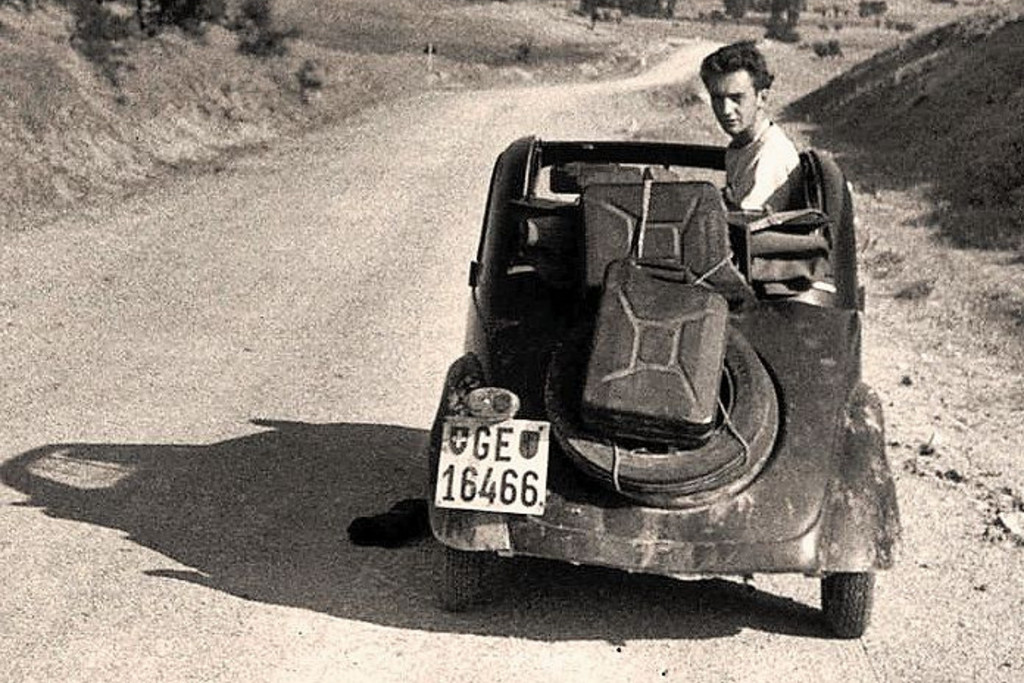
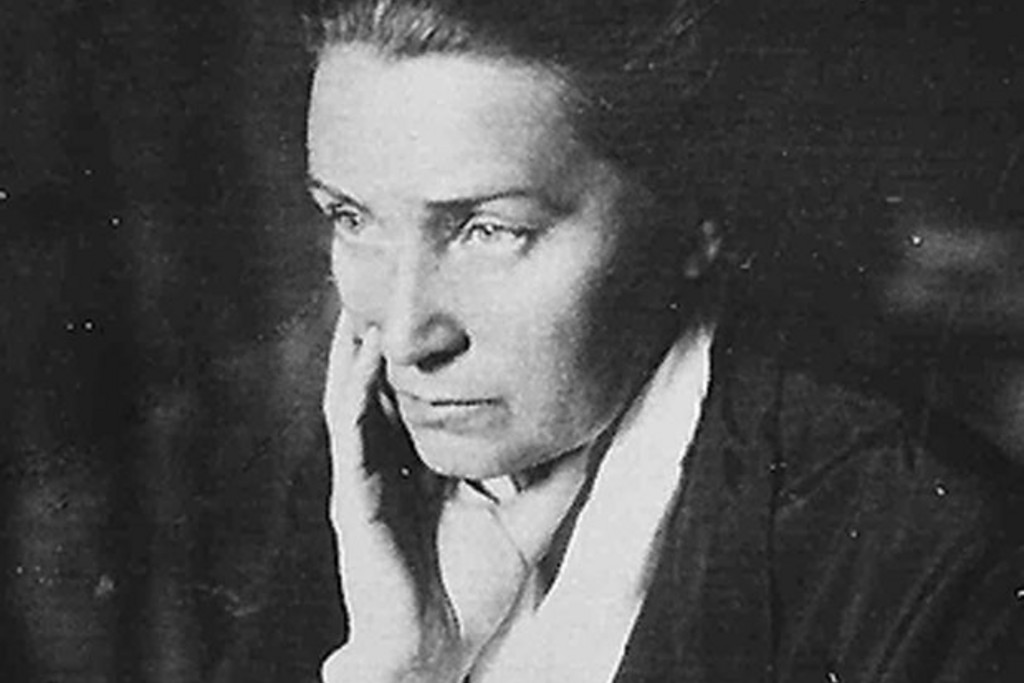


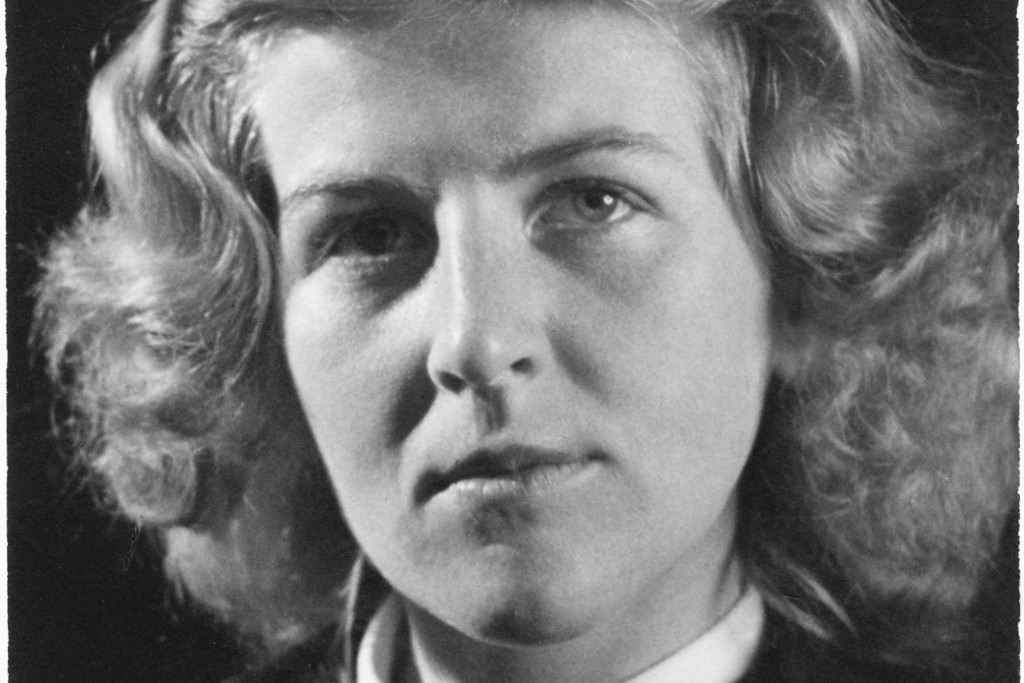
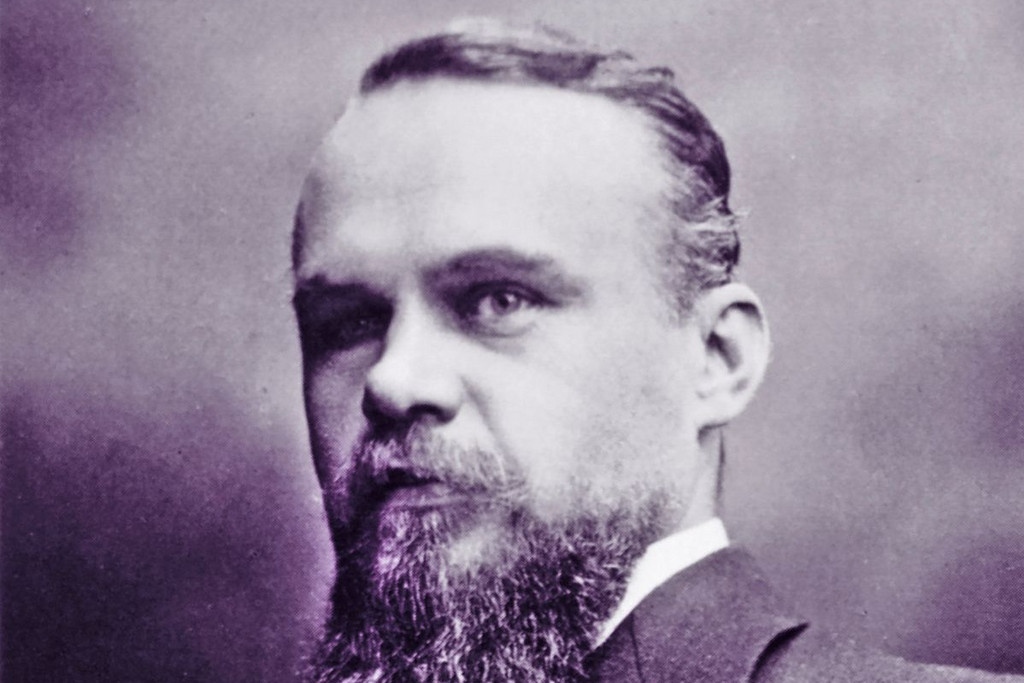

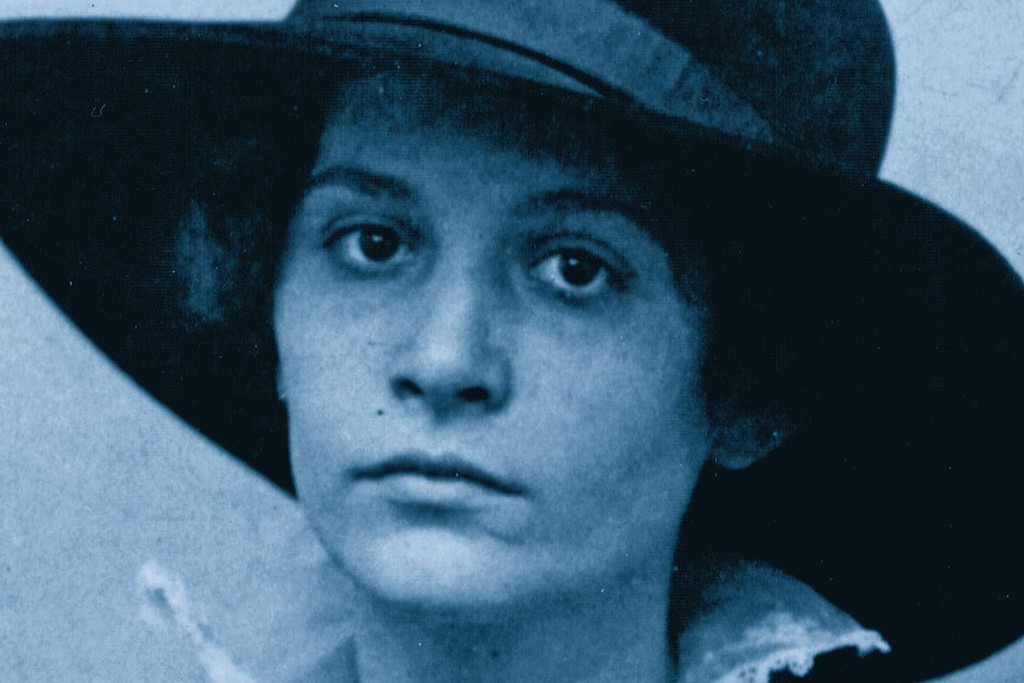



Comments